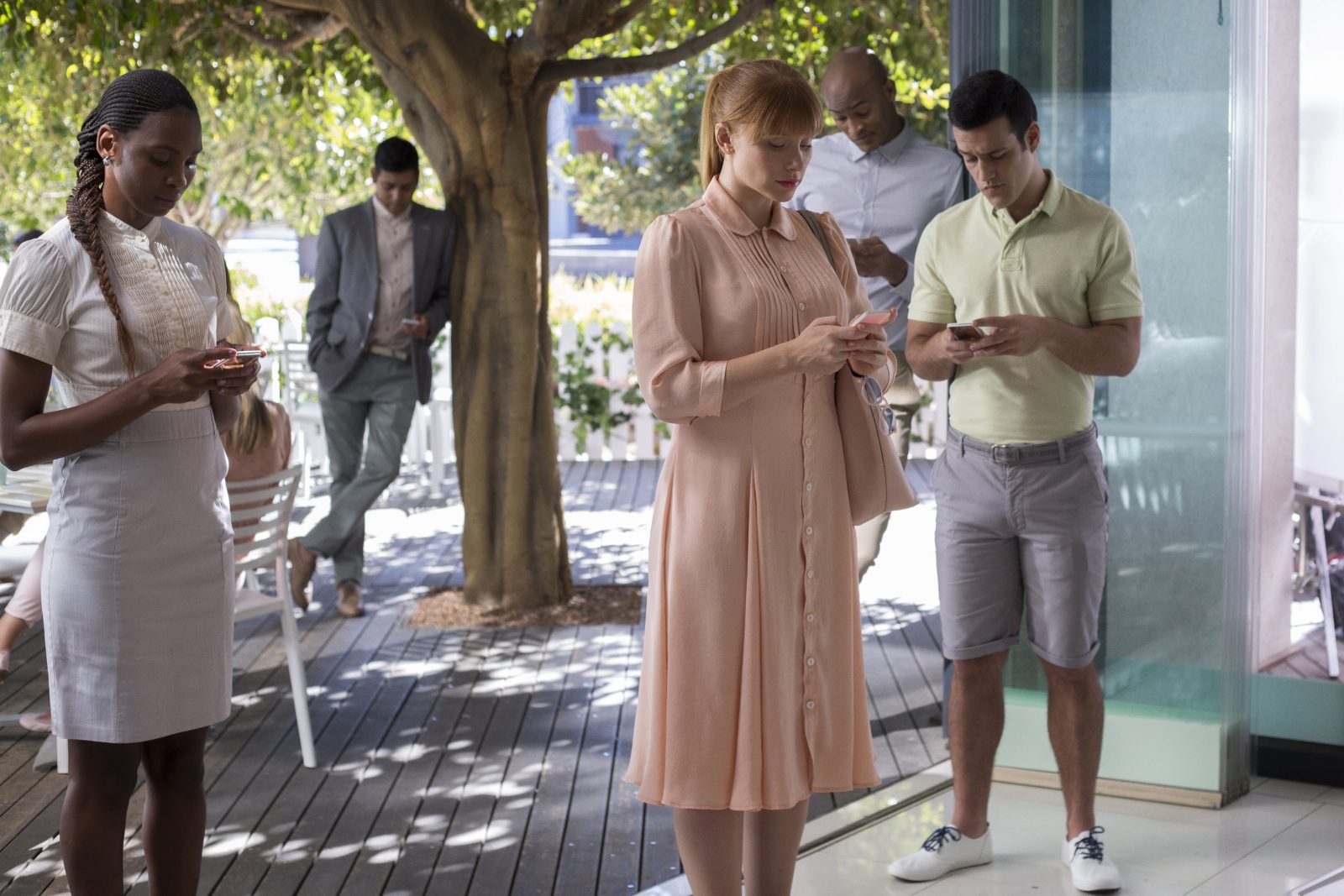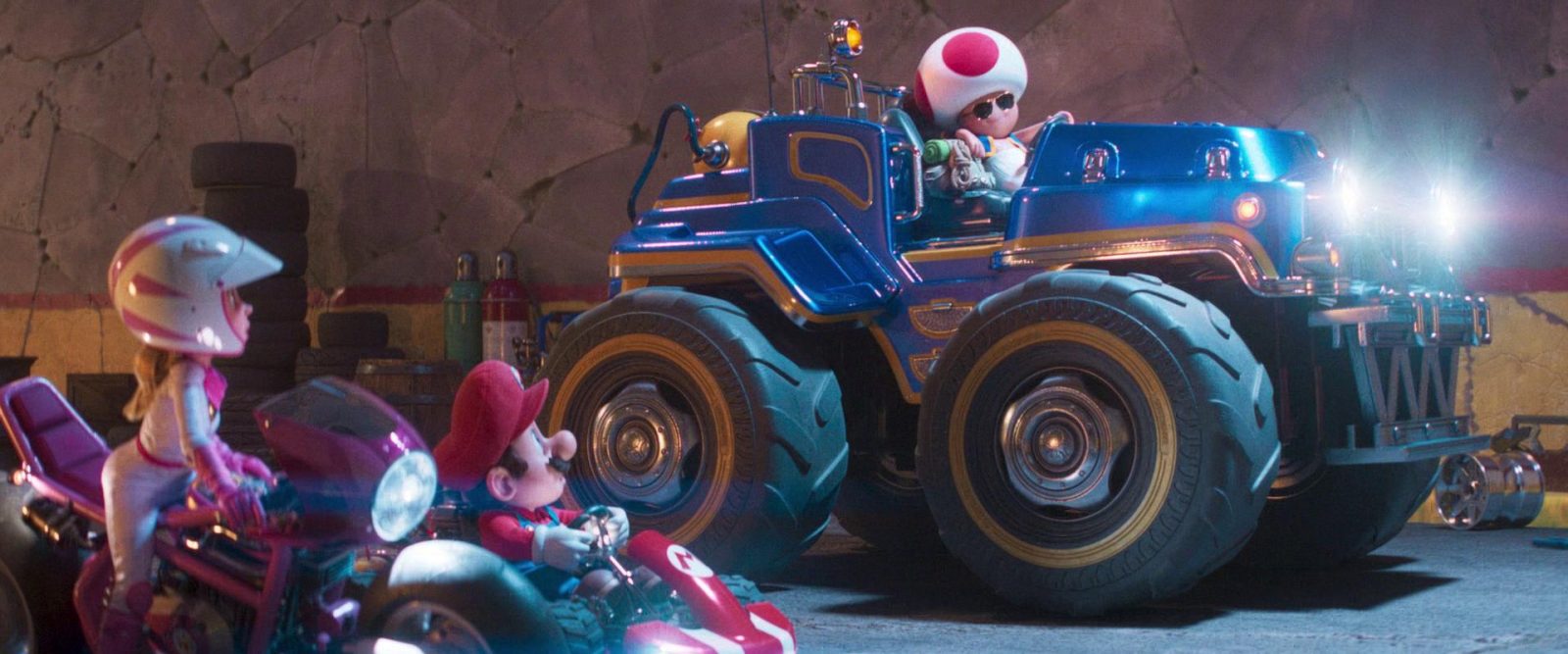Well, well, well… if it isn’t what we’ve all suspected for years! The credibility of Rotten Tomatoes has been in the gutter for quite a while, but there was no concrete evidence to support the skepticism surrounding the contentious aggregator platform – until now.
A recent Vulture report has uncovered a plot that alleges the platform has been complicit in manipulating reviews. Central to the controversy is the 2018 Daisy Ridley starrer, Ophelia. Initial reviews for the film were less than stellar, with a disappointing 46% rating on Rotten Tomatoes based on 13 critic reviews.
However, a shocking revelation came to light when it was alleged that a PR firm, Bunker 15, had orchestrated a scheme to artificially boost the film’s ratings. The firm reportedly paid lower-level critics on Rotten Tomatoes $50 for each positive review.
This strategy wasn’t just about improving the film’s image; it was a calculated move to make the film more attractive to potential distributors. Unsurprisingly, this strategy seemed to work. Ophelia saw its rating jump to 62%, earning the much-desired “fresh” score. Subsequently, IFC Films announced its acquisition of the film for distribution in the United States.
Bunker 15’s founder, Daniel Harlow, has since refuted these allegations, stating:
We have thousands of writers in our distribution list. A small handful have set up a specific system where filmmakers can sponsor or pay to have them review a film.
The revelations have sparked a wave of reactions, ranging from disbelief to disappointment. While Rotten Tomatoes has asserted its commitment to the integrity of its scores and its intolerance towards manipulation, the incident underscores the ease with which such platforms can be exploited, especially when financial incentives are at play.

Rotten Tomatoes’ influence is undeniable. For Hollywood insiders, the ratings can determine the fate of films showcased at festivals. Companies keenly observe these ratings to decide whether to acquire films for distribution. For the general public, a Rotten Tomatoes score can influence their decision to watch a film in theaters or rent it.
Much like Metacritic for gaming, Rotten Tomatoes has become far too large while remaining far to superficial. The recent scandal has illuminated the pitfalls of such a system. American filmmaker Paul Schrader commented on the situation, stating:
The studios didn’t invent Rotten Tomatoes, and most of them don’t like it. But the system is broken. Audiences are dumber. Normal people don’t go through reviews like they used to. Rotten Tomatoes is something the studios can game. So they do.
Funny enough, critics-for-hire in the entertainment industry is not a new thing. As Reddit user misterlibby pointed out, back in the VHS era, an unsuspecting buyer would pick up a VHS box of their favorite film, only to find it plastered with rave reviews from unknown critics. These critics, often referred to as “quote whores,” would shower movies with praise, regardless of the film’s actual quality.
Fast forward to the digital age, and the “quote whores” have evolved. They now have blogs and websites, and their opinions are aggregated on various review platforms, influencing a film’s overall score. This score, whether it’s a reflection of genuine opinion or not, spreads across the internet, impacting a film’s reputation and viewership.
Recently, viewers have noticed a growing gap between their ratings of certain films on Rotten Tomatoes and what the critics are saying. Films such as We’re the Millers, The Greatest Showman, Captain Marvel, and more recently, The Super Mario Bros. Movie, exemplify this trend.

We’re not implying that critics have been paid off to rate these films unfairly, but these situations have fostered a disconnect between the viewpoints of moviegoers and the critics. Consequently, many individuals have become skeptical of the credibility of the review aggregator platform. It seems Rotten Tomatoes is living up to the first part of its name.

